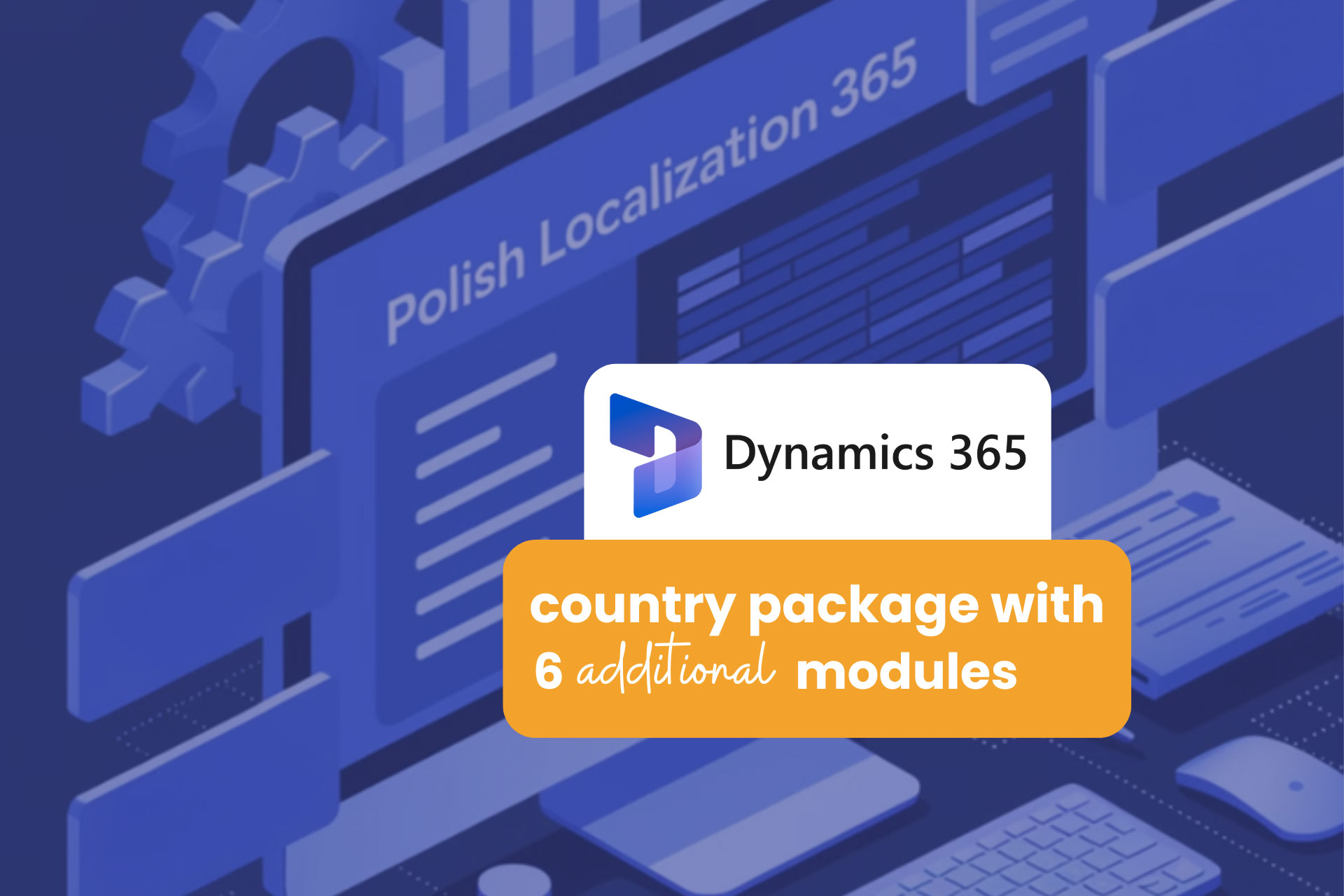
Six new modules have been developed for D365
Specially designed for the Polish market
Although Microsoft offers localisations for specific countries, these sometimes do not cover all the requirements of each country. This is where partner companies such as MS POS come in, providing additional features and extensions. The MS POS Poland team has now developed a comprehensive package for the Polish market, making work easier and more legally compliant - et voilà:
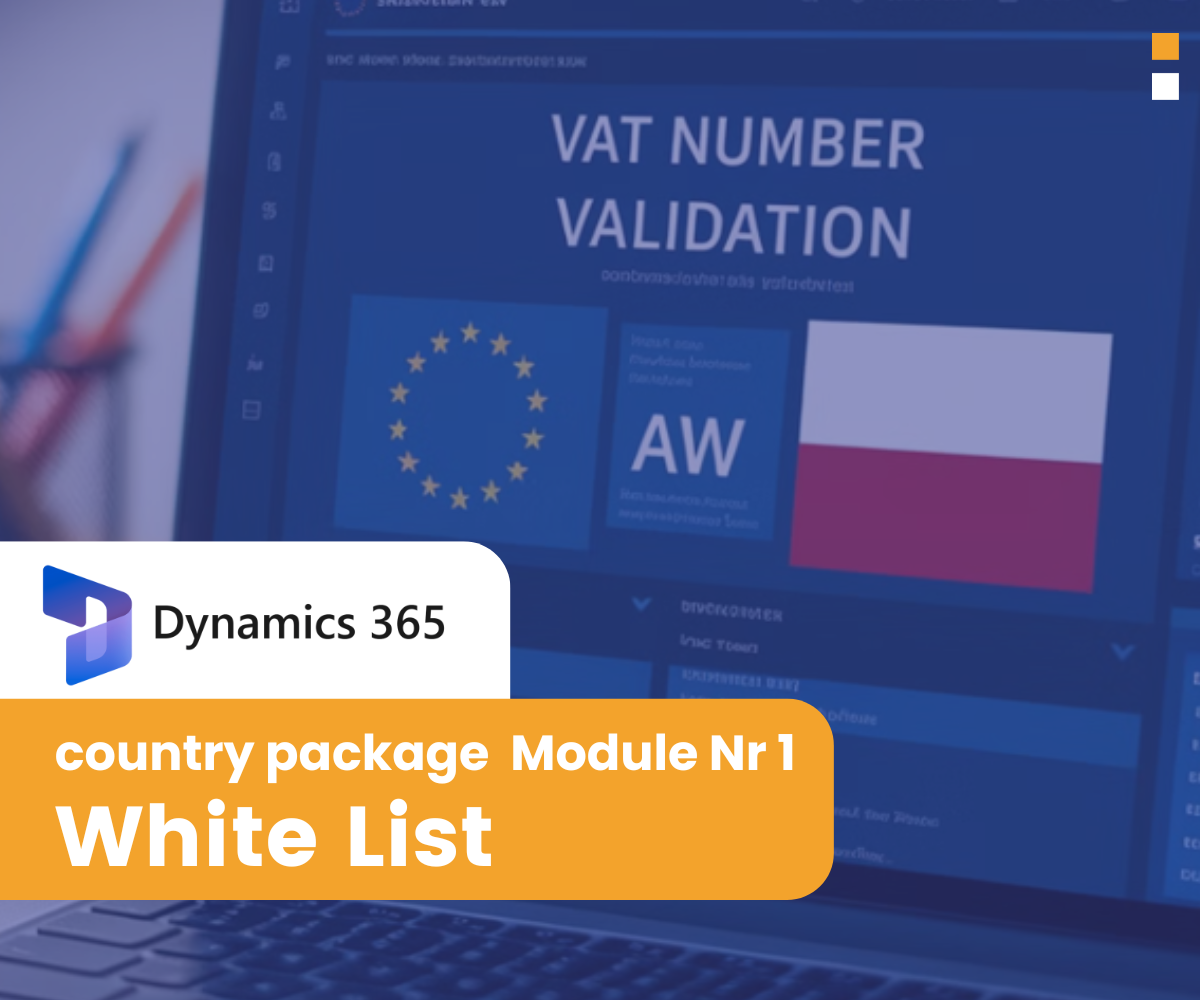
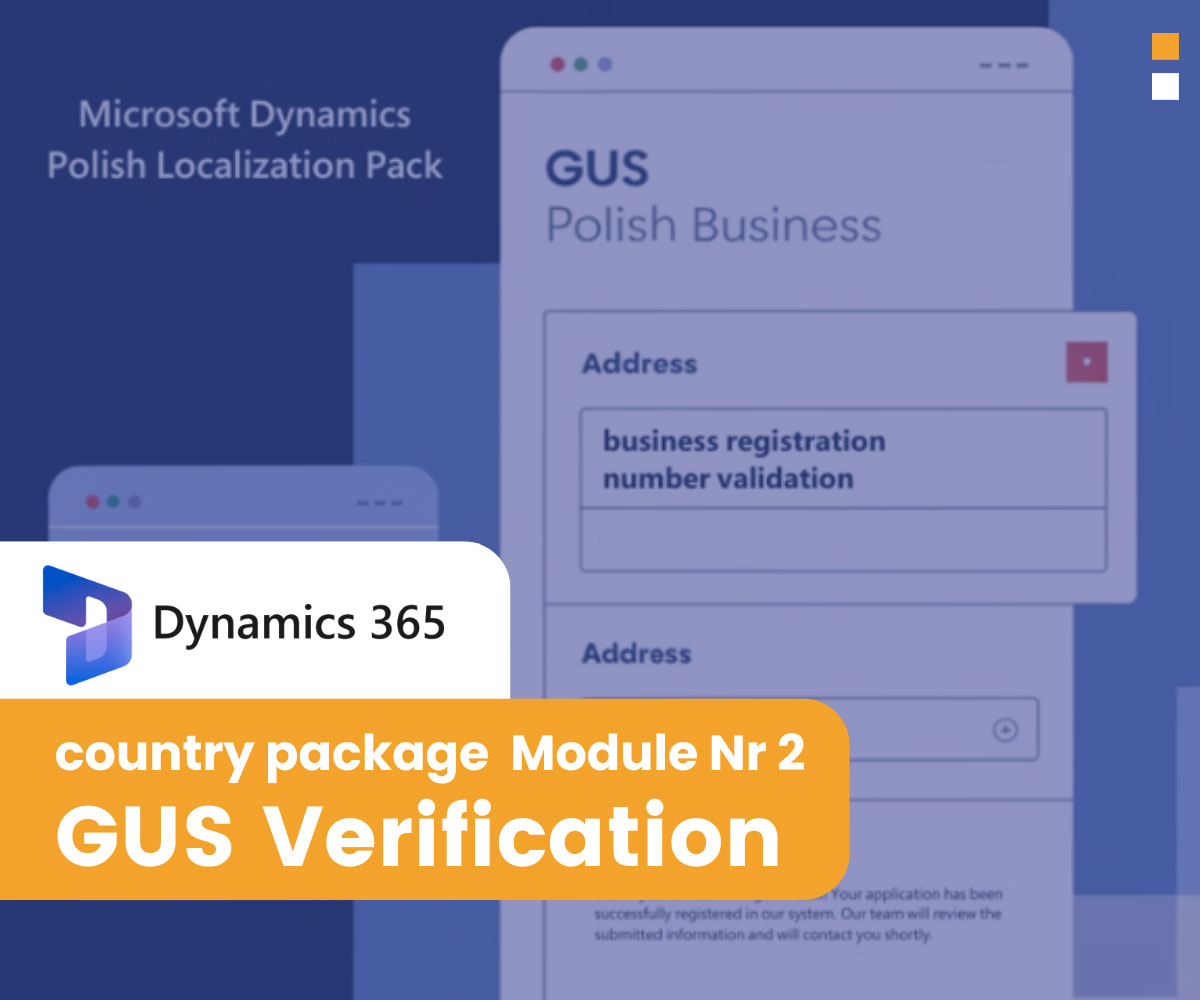
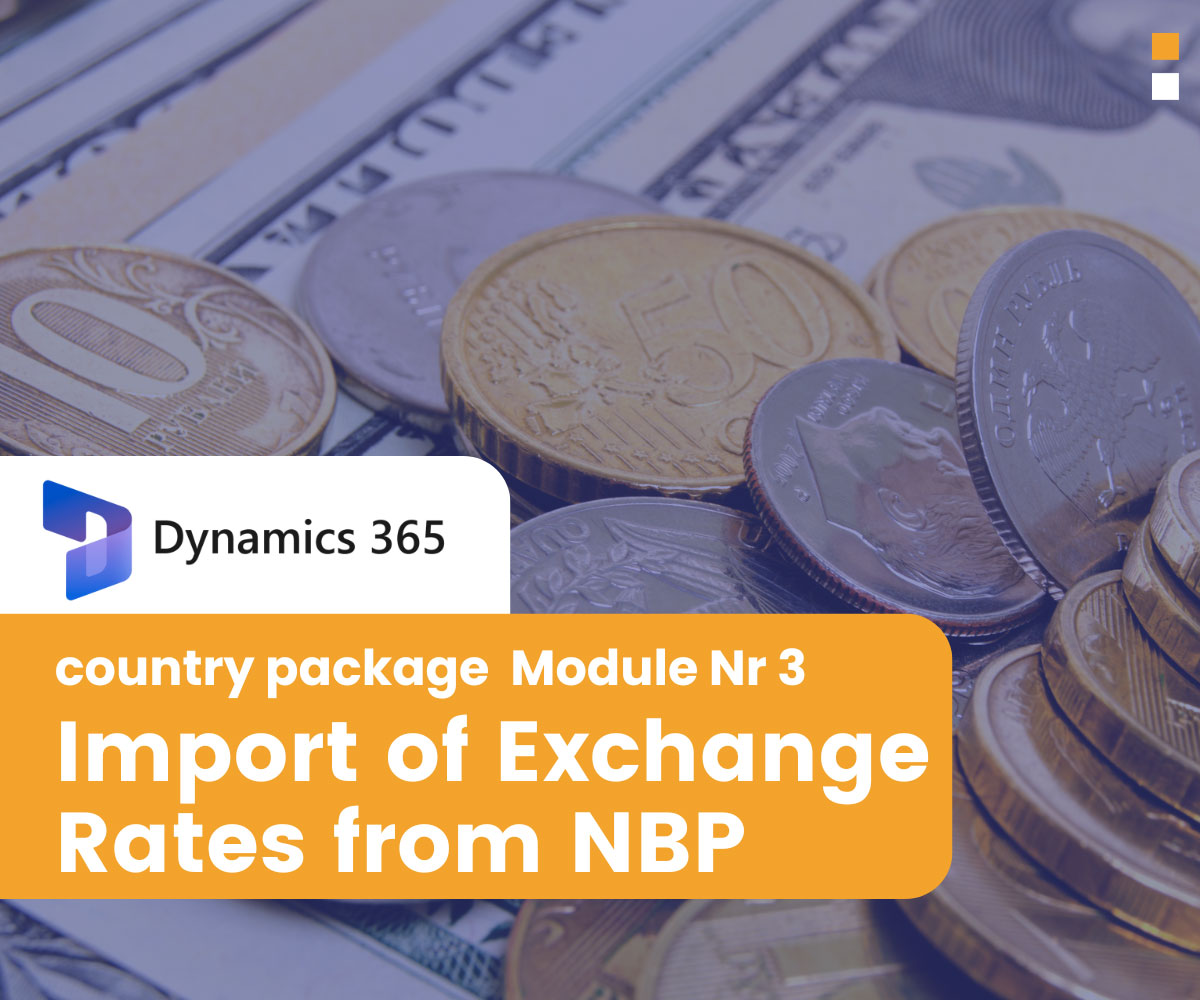
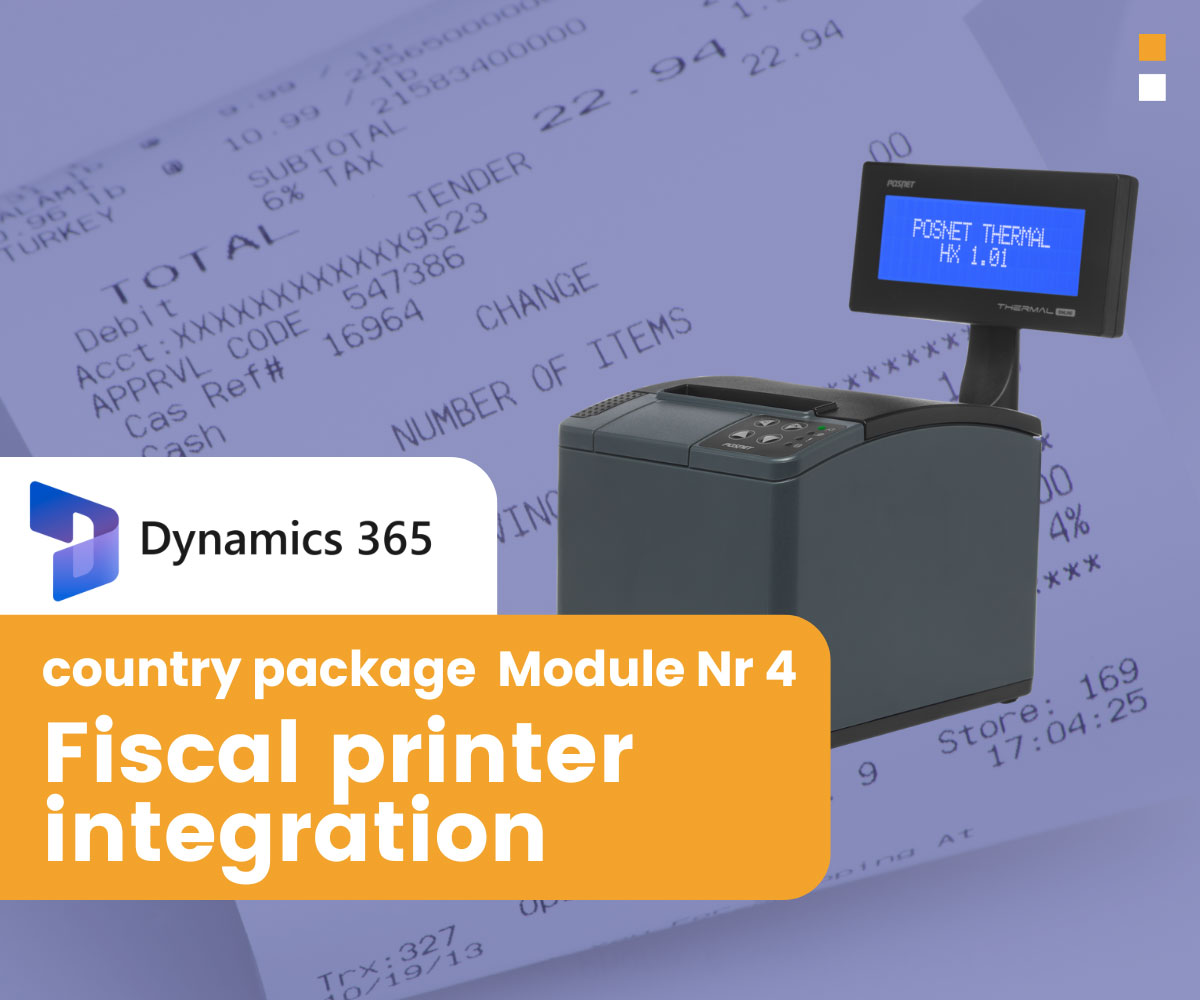
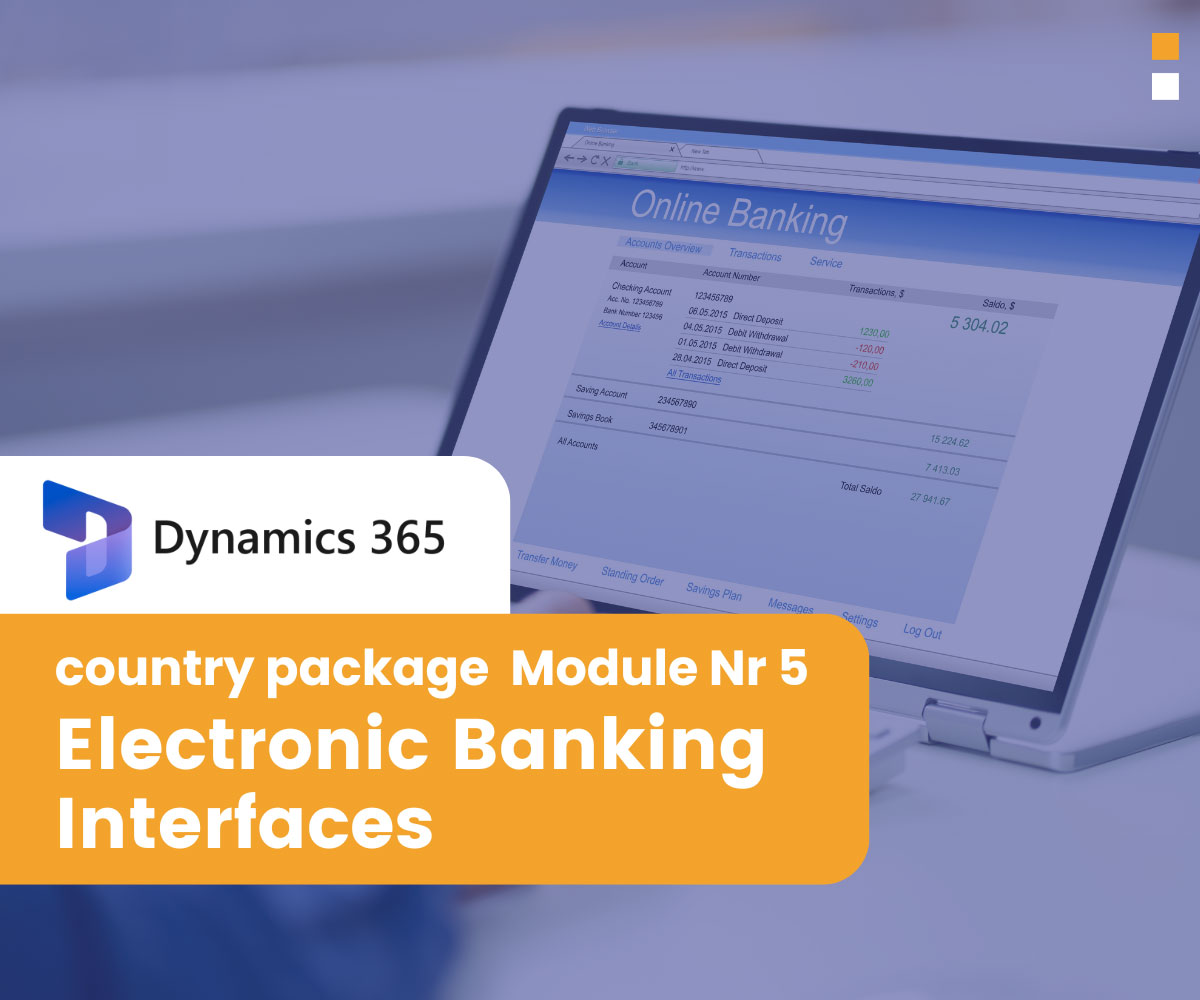
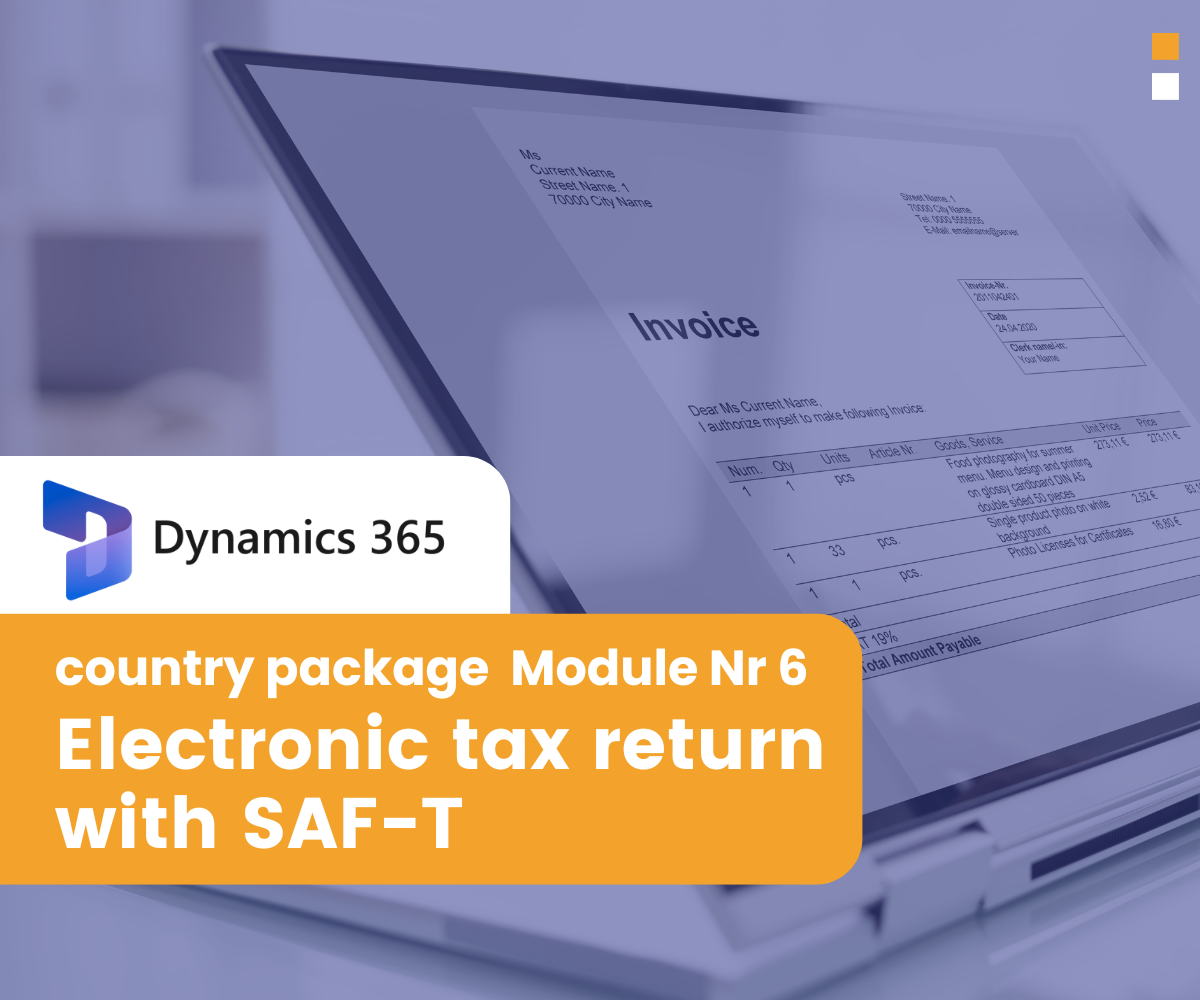
1. WhiteList
The White List is the common name for the electronic register of VAT taxpayers maintained by the Ministry of Finance. It contains, among other things, information on the taxpayer's status and the bank accounts reported by them. If a Polish company does not appear on this list, it may mean that it has not reported an official bank account to the tax office. In the case of transactions over 15,000 PLN, making a payment to an account outside the White List may result in the inability to deduct VAT or joint and several liability of the buyer. The most important information to check on the White List is therefore the VAT taxpayer's bank account number.
That is why our developers have created the following enhancements to D365 F/O, which automatically check the VAT status of business partners.
1. Downloading information on suppliers' bank accounts.
2. Verifying the payment journal for the correctness of the supplier's bank accounts.
3. Verifying suppliers' bank accounts when generating payments.
4. Statements and reports of inquiries.
2. GUS Verification
The GUS (Główny Urząd Statystyczny) is Poland's central authority for official statistics. Companies must provide the GUS with data such as information on their economic situation, the number of their employees, and their production details. The GUS then checks this data to ensure its accuracy and completeness. In a business or administrative context, the term 'GUS check' is therefore sometimes informally used to refer to the process of verifying reported data. Our developers have created a practical retrieval function that is not included in the standard D365 F/O.
With a single click, based on the NIP number provided, the system reads the contractor's data from the database of the Central Statistical Office. This mechanism accelerates the creation of the contractor's file in the system and eliminates errors that may occur when manually entering data. At the same time, all data is checked to prevent any duplication.
3. Import of Exchange Rates from NBP
A mechanism that automatically retrieves exchange rates from the National Bank of Poland. This functionality allows for the import of exchange rates from any given day or a specific date range. It is possible to set up periodic retrieval, so that exchange rates are updated in the system daily without user intervention. This means you always have access to the latest data! Manual processes that are error-prone and difficult to trace are now a thing of the past.
At a glance
- Import for a Specific Day
- Import for a Date Range
- Automatic Retrieval
- Error Elimination
4. Fiscal printer integration
Functionality dedicated to the Polish market. The system integrates with a fiscal printer so that all sales transactions are recorded in the system with simultaneous printing of a fiscal receipt/invoice for the customer.
That is possible:
- Integration of POS application with POSNET fiscal printers
- Printing of VAT invoice on fiscal printer
- Printing of simplified invoice
- Error handling
- Integration with cash drawer and handling of cash operations
- Ability to map taxes and payments
- Transactions are recorded in accordance with the requirements of Polish law for VAT reporting to JPK
Our additional services:
- Hardware procurement
- On-site installation
- Official approval
- Support
5. Electronic Banking Interfaces
The feature automates the payment process. You will receive updates on the Electronic Banking extension from MS POS.
For export of transfers, it means
1. No need to manually prepare transfers on the bank platform
2. Ability to send a large number of transfers with little time and effort for the user
3. Elimination of the risk of errors - all payment data is generated directly from the system
For the import of bank statements, it means
1. Sending bank statements to the system
2. Ability to automatically match transactions
3. Quick settlement of matched transactions
And it helps minimize the risk of errors in settlements.
6. Electronic tax return with SAF-T
Full integration into D365 F/ beyond the standard has also been developed in this area. This means automated reporting is available, and taxes can be minimised. Communication between authorities and companies is greatly simplified.
Background: Poland was one of the first European countries to introduce electronic tax returns (e-reporting or e-accounting) during a trial period. The electronic VAT reporting system, known as SAF-T Poland, has recently become mandatory for large taxpayers.
The Ministry of Finance's main objective is to optimise the e-reporting process to minimise the number of files submitted. (Tax information is often submitted multiple times.) SAF-T documents must be sent in XML format to the national tax authority platform (KAS). Two files, JPK_VAT and JPK_CIT, are mandatory. Both require a qualified electronic signature and must be retained for five years.
If you have any questions about the various modules or would like personal advice, we will be happy to help. Just Contact us.

